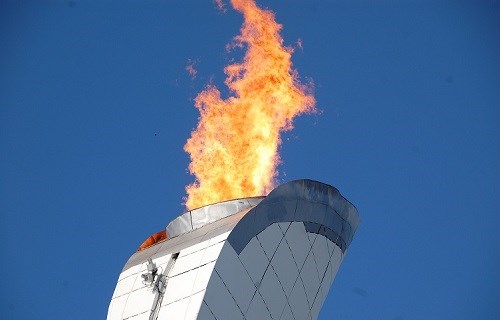The Olympic Games: One of the most expensive and financially risky type of mega-projects
In a recent working paper, researchers from Oxford University and SAID Business School studied the financial size and risks of the Olympic Games with a focus on cost overruns as compared to the original budget including both summer and winter Games since 1960. Organisers and governments often misinform or provide inadequate information about the costs and cost overruns of the Olympics, the paper says. Therefore, the goal of the working paper is to provide an independent study in order to provide reliable information about the real costs and cost overruns of the Olympic Games.
The main findings of the study:
- Since 1960, almost 50 percent of the Olympic Games, including summer as well as winter Games, have cost overruns above 100 percent. This is more than any other large scale project e.g. road projects, bridges and tunnels, energy, dams as well as major IT projects.
- The average outturn cost for Summer Games is $5.2 billion, and $3.1 billion for Winter Games. The costliest Games being London 2012 ($15 billion) and Sochi 2014 ($21.9 billion).
- A general trend of falling cost overruns before and after Sydney 2000 – excluding London 2012 and Sochi 2014.
- The Rio 2016 Olympic Summer Games appear to be reversing the high expenditures of London 2012 and Sochi 2014. At 51 percent, the Rio 2016 cost overrun is less than the overruns for the most recent games in London and Sochi.
The working paper concludes that the Olympic Games Knowledge Management Program (OGKM) has been successful in reducing the cost risk for the Games. The OGKM was created during the preparations for the 2000 Olympic Games in Sydney. It is a knowledge-transfer program that enables new host cities and nations to learn from earlier ones in order to increase efficiency in planning and delivering the Games.






